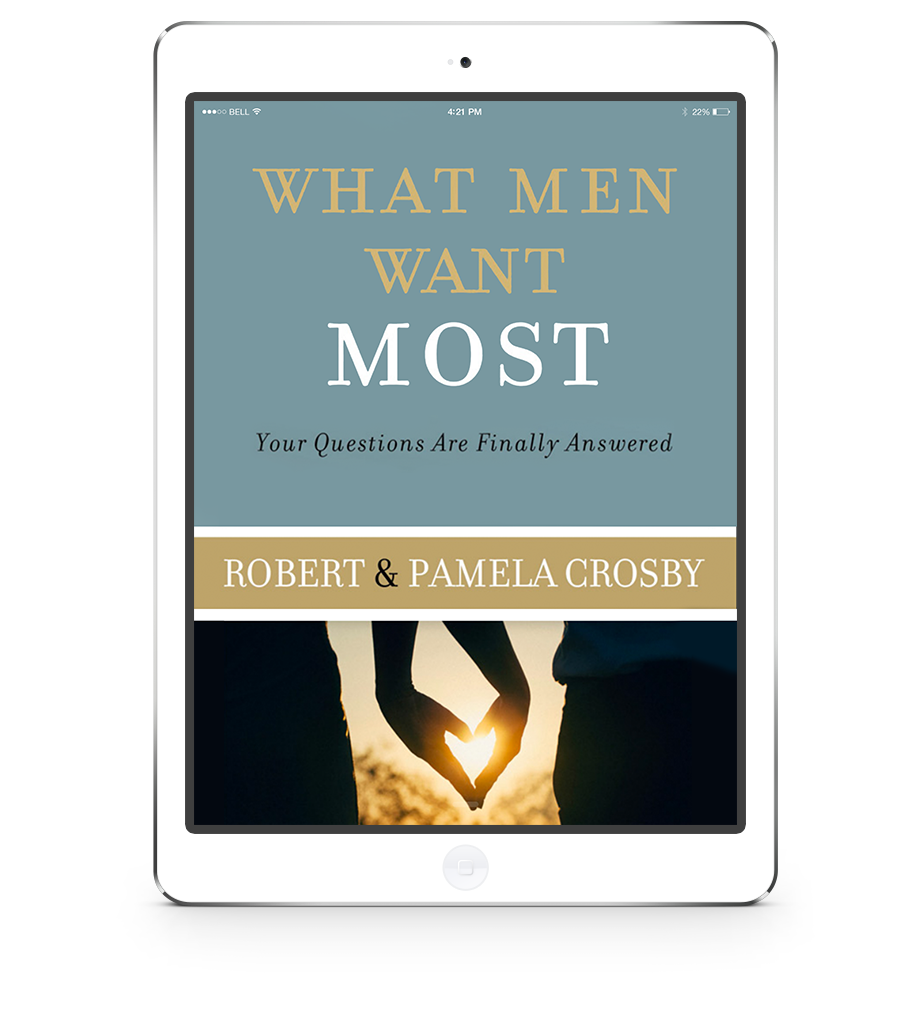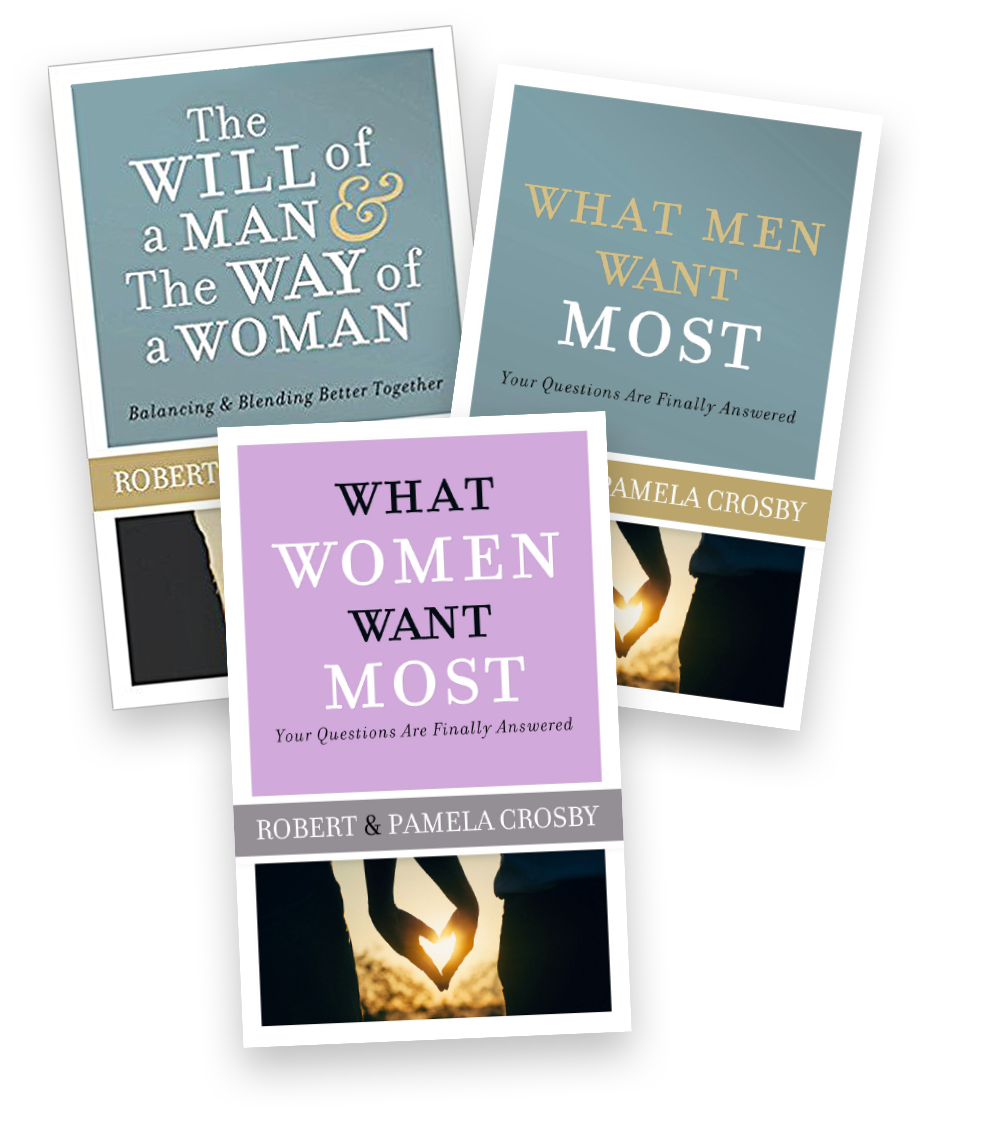Rick Warren’s Questions for Obama & Romney

One of the most unique moments in the 2008 presidential election year in America was not only the selection of our first African-American president, there was another moment. When Pastor Rick Warren opened the doors of Saddleback Church to then Sens. Barack Obama and John McCain for the first-ever Civil Forum on the Presidency, it was something special.
You may have heard by now that Warren has cancelled this year’s forum due to the incivility already evidenced from the candidates and their respective campaigns. He said in a recent interview that “to pretend civility … would be hypocritical.” While his rationale is well-founded and understandable, I will still miss the forum. In 2008, one of the unique aspects of the event was that Warren interviewed the candidates one-on-one but in back-to-back interviews. Also, he used the same set of questions for both candidates without them hearing each other’s responses beforehand. The results were interesting and the format helpful to the decision-making process. It was, in a word, civil.
Since Warren has chosen to forego this year’s forum, I hope that one of the three slated moderators for this year’s debates will chose to ask the questions he chose. They were substantial and important to people of faith in their consideration of a new national leader. I admit I am a question addict. In fact, I have written a couple of books about asking questions of your spouse and your children. In my opinion, while a good question can open a conversation, a great one can open a soul. And, wouldn’t it be refreshing to get a peek at the souls, the real convictions and values, of the men who would be president? The closest I came to that during the 2008 election was the Saddleback Forum.
Here are the 20 Warren Questions, just the way he asked them:
1. As a pastor, I’ve got some verses that have to do with leadership. And the first issue is the area of listening. There’s a verse in Proverbs that says, “Fools think they need no advice but the wise listen to other people (Prov. 12:15 NLT).” Who are the three wisest people you know in your life, and who are you going to rely on heavily in your administration?
2. Let’s talk about personal life. The Bible says that integrity and love are the basis of leadership. This is a tough question. What would be, looking over your life — everybody’s got weaknesses. Nobody’s perfect — would be the greatest moral failure in your life? And what would be the greatest moral failure of America?
3. What’s the most significant position you held ten years ago that you no longer hold today, that you flipped on, you changed on, because you actually see it differently?
4. What’s the most gut-wrenching decision you ever had to make and how did you process that to come to that decision?
5. You’ve made no doubts about your faith in Jesus Christ. What does that mean to you? What does it mean to you to trust in Christ? And what does that mean to you on a daily basis? What does that really look like?
6. Now, let’s deal with abortion; 40 million abortions since Roe v. Wade. As a pastor, I have to deal with this all of the time, all of the pain and all of the conflicts. I know this is a very complex issue. Forty million abortions, at what point does a baby get human rights, in your view?
7. Define marriage.
8. Would you support a Constitutional Amendment with that definition?
9. What about stem cells? We’ve had this scientific break-through of treating these pluripotent stem cells in adult cells. Do we still need federal funding for research? Would you still support that for embryo stem cells?
10. Does evil exist? And if it does, do we ignore it? Do we negotiate with it? Do we contain it? Do we defeat it?
11. Which existing Supreme Court justice would you not have nominated?
12. A recent poll says 80 percent of Americans think faith-based organizations do a better job at community services than the government, helping addictions, you know, [ applause ] all the different homelessness, poverty, things like that. The civil rights act of ’64 says that faith-based organizations have a right to hire people who believe like they do. Would you insist that faith-based organizations forfeit that right to access federal funds?
13. Do you think better teachers should be paid better? They should be paid more than poor teachers?
14. Taxes, this is a real simple question. Define rich. [ laughter ] I mean give me a number, Is it $50,000, $100,000, 200,000? Everybody keeps talking about who we’re going to tax. How can you define that?
15. We are the most blessed nation in the world, and we’re blessed to be a blessing, to whom much is given, much is required. So let me — let’s just go down some of the issues, international issues. First thing, let’s just talk about war. As an American, what’s worth dying for? What’s worth having sacrifice of the American lives for?
16. Most people don’t know that there are 148 million orphans in the world. 148 million kids growing up without mommies and dads. They don’t need to be in an orphanage. They need to be in families. But a lot of families can’t afford to take these kids in. Would you be willing to consider and even commit to doing some kind of emergency plan for orphans, like President Bush did with AIDS, almost a president’s emergency plan for orphans, to deal with this issue?
17. Religious persecution, what do you think the U.S. should do to end religious persecution, for instance, in China, in Iraq, and in many of our supposed allies? I’m not just talking about persecution of Christianity, but there’s religious persecution around the world that persecutes millions of people.
18. The third largest and the fastest growing criminal industry in the world is human trafficking. $32 billion a year. A lot of people don’t know that there are about 27 million people living in slavery right now. Many of them in sex trafficking than any others. How do we speak out and how do you plan to do something about that?
19. In a minute, in one minute, because I know you could take the entire hour on this, tell me in a minute why you want to be president.
20. I’m going to skip over a couple of these other important ones and just ask you, what do you say to people who opposed me asking you these questions?
Of course, if interested, you can read or watch the 2008 candidate’s answers to these questions.







